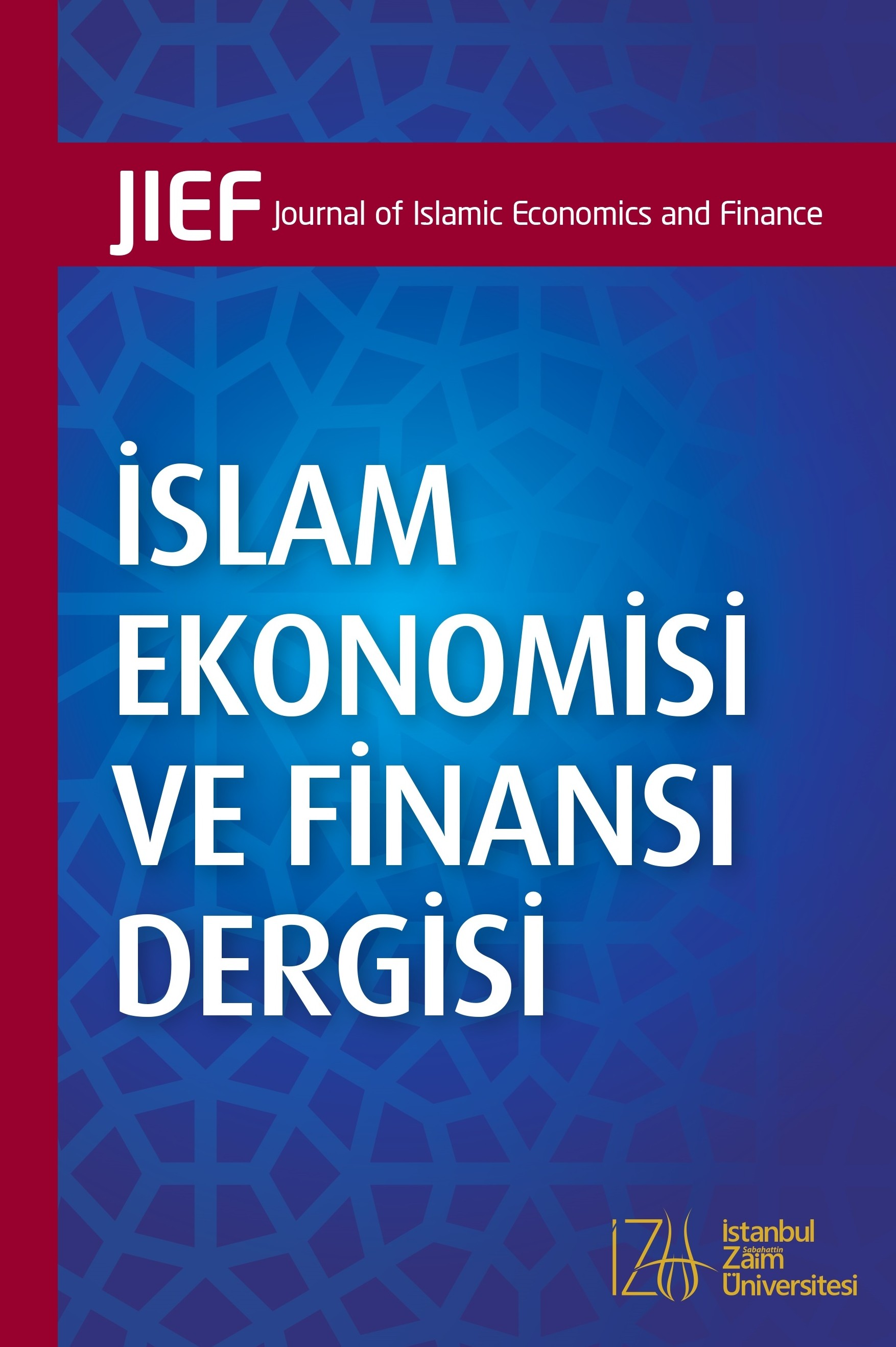İslami kusurlu sorumluluk sisteminin mesleki topluluk üzerindeki ekonomik etkileri
Kusurlu sorumluluk mevzuatı, en önemli medeni mevzuattan biri olarak kabul edilir ve toplumların ekonomik gerçekleriyle en ilgili olanıdır. Artan üretim maliyetlerini ve profesyonellerin mal ve hizmetlerde maliyetlerinin beklenen kâr marjını dengeleme yeteneği üzerinde etkisi olan hassas bir konu ile ilgili olduğu için, tüketicilerin, çalışanların yararına zararların tazmini konusu olduğu için veya çevre. Bu nedenle, bu makalenin amacı, İslami kusurlu sorumluluk sisteminin ekonomik etkilerini hukukun ekonomik analizi yöntemiyle incelemek olup İslami sistem, sorumluluk hedeflerine ulaşmak için mesleki topluluğun, zararı caydırmak ve yaralıları tazmin etmek için temsil edilen sorumluluk hedeflerine karşı yüksek hassasiyetle makul bir kesinlik ve düşük maliyet düzeyine sahip olduğu çok sayıda ve çeşitli temelleri ve araçları benimser olup profesyonel, tüketici ve toplumun dengesini bozmadan sorumluluk hedeflerine ulaşmak demektir.
Anahtar Kelimeler:
ekonomik etkiler, mesleki, kusurlu sorumluluk, islami şeriat, tüketici
THE ECONOMIC EFFECTS OF THE ISLAMIC TORT LIABILITY SYSTEM ON THE PROFESSIONAL COMMUNITY
The tort legal system is considered one of the most important components of civil legislations and the most relevant to the economic reality of societies as it relates to a sensitive issue that has great impact on increasing production costs and the ability of professionals to balance costs and the expected profit margin on goods and services. It is also the issue of compensating damages caused to consumers, workers or the environment. The aim of this paper is to study the economic effects of the Islamic tort-liability system through the approach of economic analysis of the law. The paper conclues that The Islamic system fulfilles the tort’s objectives of deterring the potential injurer from harming and compensating the injured in an effective manner, which means achieving the goals of of the liability system without disturbing the balance of the profession, the consumer and the society at large.
Keywords:
Economic Effect of Law Tort System, Liability, Islamic Law, Consumer, Professional,
___
- ابن رشد، محمد أحمد. (2004). بداية المجتهد ونهاية المقتصد. ط 1. دار الحديث. القاهرة، مصر. ابن عاشور، محمد الطاهر. (2004). مقاصد الشريعة الإسلامية ط 1. وزارة الأوقاف القطرية. الدوحة، قطر. ابن عبد البر، يوسف عبد الله. (1993). الاستذكار الجامع لمذاهب الأمصار. ط 1. دار قتيبة. دمشق، سوريا.
- ISSN: 2149-3820
- Yayın Aralığı: Yılda 2 Sayı
- Başlangıç: 2015
- Yayıncı: İstanbul Sabahattin Zaim Üniversitesi
Sayıdaki Diğer Makaleler
ISCOIN’İN DİĞER YATIRIM ARAÇLARINA GÖRE KARŞILAŞTIRMALI GETİRİSİ
İslami kusurlu sorumluluk sisteminin mesleki topluluk üzerindeki ekonomik etkileri
ŞERİAT’N MAKSATLARI IŞIĞINDA DÖNGÜSEL EKONOMİ KAVRAMI ÜZERİNE ELEŞTİREL BİR DEĞERLENDİRME
Çocuk Yoksulluğunu Önlemeye Yönelik Bir Sivil Toplum Girişimi: İHH’nın Yetimleri Destekleme Programı
YOKSULLUĞUN YENİDEN TANIMLANMASI İÇİN DÖRT BOYUTLU İSLAMİ BİR ÇERÇEVEYE DOĞRU
